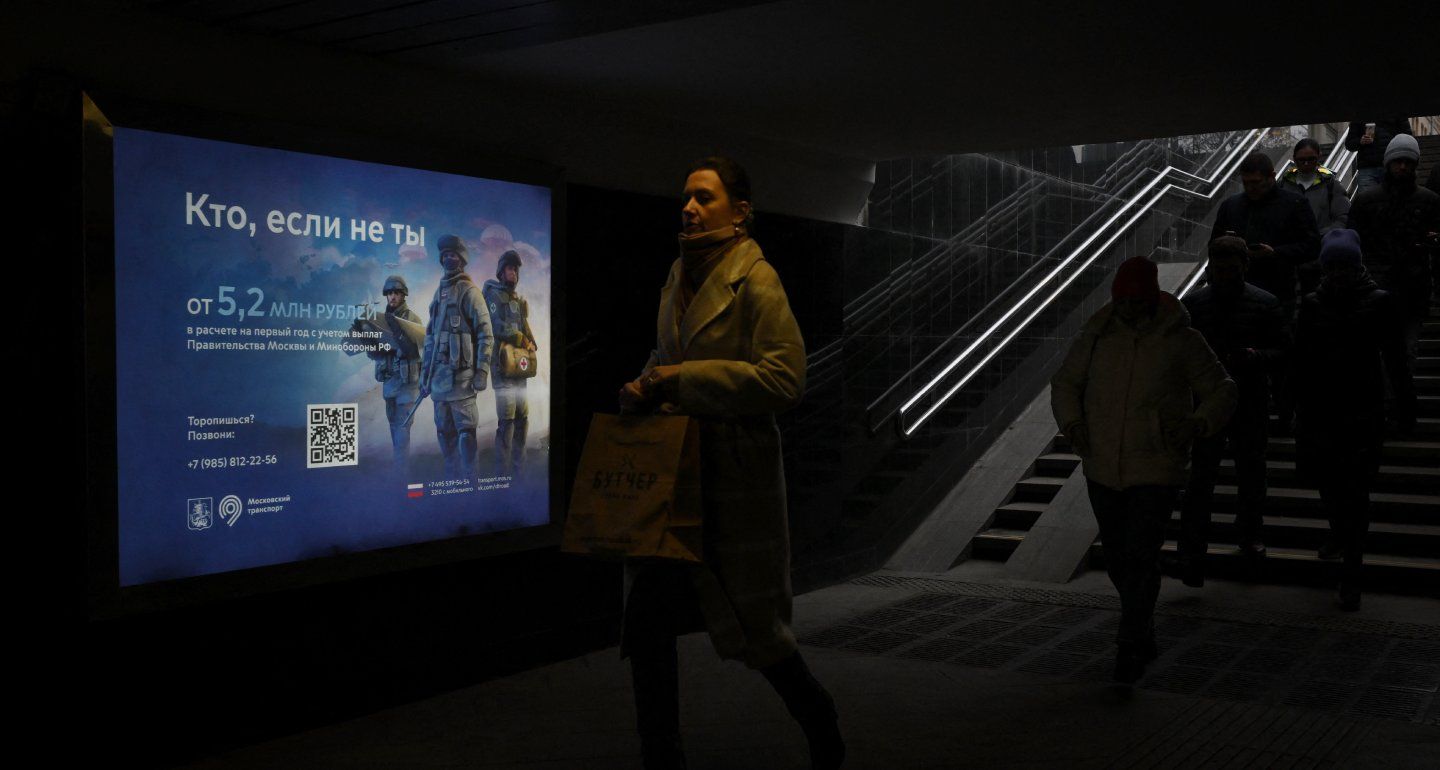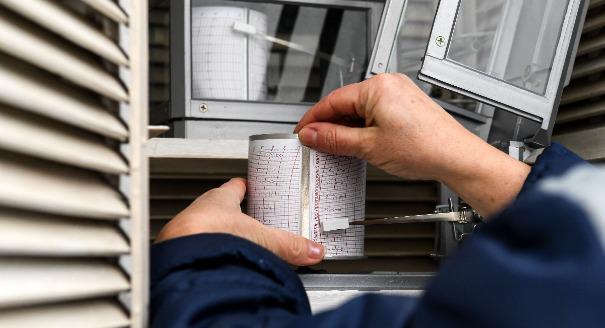Ananda said:
n the end Russia deserve to be included and have their own VE day.
let me be clear on this: Yes, I fully agree that Russia, without discussion, has the right, and even the highest right, to celebrate the memory of their heroes of WW2.
But Valdimir Putin doesn't have the right to participate to such event, let alone to organise it and hijack it with the purpose of committing another war crime.
How can a war criminal preside such event? It's utterly disgusting. Vladimir Putin is currently destroying the Slavian population.
How can soldiers who, after the parade, will go to Ukraine to murder people, be on such a parade? How is this a celebration for "Russians", when they are killing Russians in Ukraine?
Karl Franz said:
I agree that Russia's borrowing opportunities are limited and that their rates will probably be higher, however Russia's debt to GDP ratio is around 15 percent, which is in today's world almost debt free.
In practice, Russia can only borrow Yuans from China. It can be helpful for Russia, albeit it would only deepen their dependency on China (as if it was still possible).
In theory, they could also borrow form any country not applying sanctions, but only with the currency of these countries, which won't be as useful.
These hurdles are more important than the debt level.
However, as soon as the war ends and Russia gets back to the civilised world on civilised terms, their very low debt will be a huge advantage to borrow from Western lenders to rebuild their economy. Without the war, Russia would have the potential to be one of the most prosperous country in the world.
Karl Franz said:
Every time the government changes its interest rates it is directly impacting the exchange rate of its currency, every time the government goes in currency market itself selling or buying currencies its affecting the exchange rate, and so on.
No. The interest rates is not impacting the exchange rate directly. It's impacting indirectly because the markets react to it. More importantly, the interest rates are not changed with the purpose of altering the exchange rate, but to lower or rise the cost of borrowing, to either counter inflation or to boost the economy.
Central banks can be selling or buying on the market to influence the exchange rate but that remains on the open market. The open market doesn't exclude central banks, but the central banks in western countries don't do that on a regular basis, but on an exceptional basis.
This is important because while they may do it, the market is still free. People and entities are still free to buy and sell as much as they want. This is the main difference with, say, the Rubble. But also with many other currencies for which the ability to sell them is tightly controlled by the state (you can always buy them thought).
Karl Franz said:
don't know what you mean by this, it seems to me you are suggesting that Turks are overvaluing the ruble
No. I wanted to say that an exchange rate at a counter for tourists is not a basis to convert the value of huge assets held by Russian entities. It's a completely different story. These state assets are off markets and the real value the day there is a public offering is completely unknown.
Karl Franz said:
Not only is it contributing to the GDP of the country but it is also developing various technologies that can be used in civilian sector and it is also beneficial to all the industries that are supplying the defence industry, not to mention all of the political capital it gives the country on the world stage.
It depends how it's used. The way Russia uses it is in total loss for its economy. Russian defence exports are in free fall. Industries in Russia are suffering from the obligation to supply the military instead of producing for commercial and profitable purpose (the price is fixed by the government). Most of the high tech is provided by China with little to no technological transfer (Chinese are not stupid). And finally, the Russian economy is suffering from sanctions because of the very use of the products.
In another context, I would agree.
Karl Franz said:
As for the debt accumulated by the bombing I think you should write to US congress informing them that their debt is not 36 trillions, it is closer to 70 trillion, considering all the bombing US has done.
Yes. Absolutely. The US is no exception to that rule.
However, for a debt to exist, there should be a claim. Did Iraq and Serbia filed such a claim?
Honestly, I didn't check. But if they did, then the claimed debt should indeed be added to the existing debt if it hasn't been added yet. If they didn't, it means that there was another arrangement and that they deemed that the US didn't owe them anything.
Ukraine has already made clear that they will seek compensation and they estimate the loss caused by the Russians at over one trillion dollars. Even if nobody expects Russia to pay them, this is likely to remain a solid debt toward Ukraine. This debt toward Ukraine may not be recognised by rating agencies. This would be a huge advantage for Russia. But for any deal with Ukraine, it will have consequences. Agencies could recognise the debt if a tribunal decides that the debt is valid. Then it will be quiet bad for Russia.
Karl Franz said:
you said that country is a failed state because it doesn't support Ukraine in its war
Yes: It's my opinion that a state which doesn't support Ukraine, in the sens that they don't consider Russia as an aggressor or don't want to act accordingly is a morally failed state.
Morally failed state are often also socially and economically failed state as well.
Karl Franz said:
that having a moment of silence for those who died fighting fascism is an idiotic idea
I didn't say that. Please check my post.



